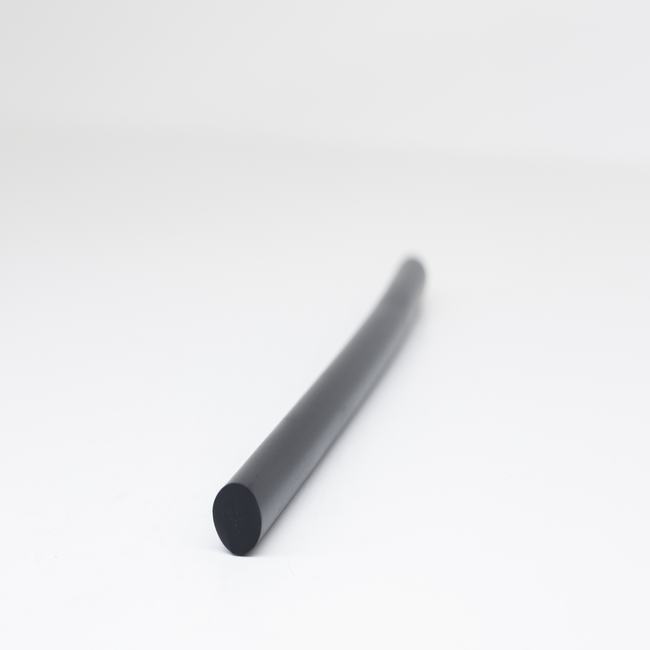GRP (Glass Reinforced Plastic) pipe seals are specialized sealing components designed to create a reliable and durable connection between sections of GRP pipes in various industrial and infrastructure applications. This extensive description provides a comprehensive overview of what GRP pipe seals are, their features, applications, manufacturing process, and advantages.
What are GRP Pipe Seals?
GRP pipe seals, also known as fiberglass reinforced plastic pipe seals or FRP pipe seals, are engineered sealing components that play a crucial role in ensuring leak-free connections and joints in GRP piping systems. They are specifically designed to accommodate the unique characteristics and demands of GRP pipes, which are commonly used for transporting a wide range of fluids, including water, chemicals, sewage, and more.
Features of GRP Pipe Seals:
- Chemical Resistance: GRP pipe seals are highly resistant to a wide variety of chemicals and corrosive substances, making them suitable for use in industries where aggressive fluids are transported.
- Durability: These seals are known for their long service life and ability to withstand environmental stressors, including UV radiation, extreme temperatures, and moisture.
- Flexibility: GRP pipe seals are flexible and can adapt to the expansion and contraction of GRP pipes under changing temperature conditions without compromising their sealing capabilities.
- Corrosion Resistance: Due to the nature of GRP pipes, which are inherently resistant to corrosion, GRP pipe seals provide an additional layer of protection against corrosion at the joints.
- Leak Prevention: The primary function of GRP pipe seals is to prevent leaks at the connections, ensuring the integrity and safety of the piping system.
Applications of GRP Pipe Seals:
GRP pipe seals find application in a wide range of industries and sectors, including:
- Water and Wastewater Treatment: GRP pipes are commonly used in water supply and sewage systems, and the seals play a critical role in preventing leaks and ensuring water quality.
- Chemical Processing: These seals are essential in chemical plants and facilities where the transportation of corrosive chemicals requires dependable sealing solutions.
- Oil and Gas Industry: GRP pipe seals are used in the oil and gas sector for transporting various hydrocarbons, including crude oil and natural gas.
- Infrastructure Projects: They are employed in infrastructure projects such as stormwater management, drainage systems, and industrial infrastructure where GRP pipes are utilized.
- Renewable Energy: GRP pipe seals can be found in renewable energy applications, including geothermal energy and hydropower projects.
Manufacturing Process:
The manufacturing of GRP pipe seals involves several key steps:
- Material Selection: High-quality GRP materials are chosen for their corrosion resistance and durability.
- Molding: The seals are typically created through a molding process, where the GRP material is shaped into the desired seal profile.
- Curing: After molding, the seals are cured in controlled conditions to ensure they maintain their structural integrity.
- Quality Control: Thorough quality checks are conducted to ensure the seals meet the required specifications and standards.
Advantages of GRP Pipe Seals:
- Reliable Sealing: GRP pipe seals provide reliable and long-lasting sealing solutions, reducing the risk of leaks and system failures.
- Chemical Resistance: Their resistance to a wide range of chemicals makes them suitable for various industrial applications.
- Durability: These seals are designed to withstand harsh environmental conditions, including UV exposure and temperature fluctuations.
- Low Maintenance: Once installed, GRP pipe seals typically require minimal maintenance, reducing operational costs.
In conclusion, GRP pipe seals are critical components in GRP piping systems, ensuring leak-free connections and contributing to the efficiency and safety of various industrial processes and infrastructure projects. Their durability, flexibility, and resistance to chemicals make them a preferred choice in many demanding applications.

